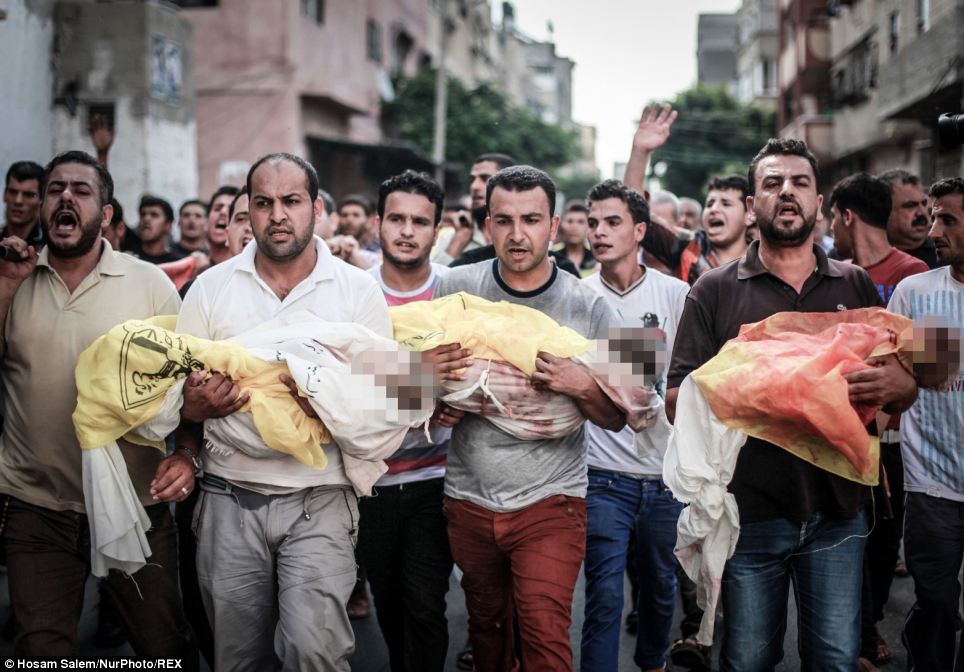On December 4, we organized a presentation by three activists about the current socio-political realities of Palestinians in Israel, the West Bank and Gaza. Ellen Davidson, Rebecca Manski, and Naomi Brussel spoke and showed photographs.
An article about the event appeared in the 12/29/11 issue of the Linewaiters’ Gazette and is reproduced here:
‘Images of Palestine’ Speak Louder Than Words
An engaged crowd of 25 attended the December 4, 2011 presentation “Images of Palestine.” Rebecca Manski, a Coop member who has worked with NGOs in Haifa, Ramallah and Jerusalem; Ellen Davidson, a reporter and photographer who works with the Israeli Committee Against House Demolitions (ICAHD); and Naomi Brussel, a Coop member and long-time activist, each spoke about their travels in Israel and Palestine.
Rebecca Manski discussed Israel’s policy towards the Bedouins, nomads who live mostly in the Negev Desert in southern Israel. They are Israeli citizens, and are the only Palestinian-Arab community the bulk of whom serve in the Israeli Defense Forces. Nonetheless, a Bedouin soldier might return from a tour of duty in the West Bank to find an eviction notice on his door. Around 70,000 Bedouins currently live in heavily polluted townships. Though the Israeli government initially constructed these townships in the 1950s, offering incentives for the Bedouin to settle there, most of the townships are now considered illegal.
Manski, born in Jerusalem and raised a Zionist, said that the discrimination and military repression facing the Bedouins finally proved to her that Israel couldn’t be a just country in its current form. Recently, she added, a Bedouin protest movement has been growing as the younger generation declines to serve in the army.
Ellen Davidson also noted the many demolition orders on houses in Israel and the West Bank—meaning the army can come at any moment to these homes, evict the occupants, and destroy the buildings. The occupation is particularly severe in the West Bank city of Hebron, which is split between Israeli military and Palestinian control. The economy has been devastated by years of curfews and forced business closings. In the city of 165,000, a community of 500 Israeli settlers regularly attacks the Palestinian residents. Some streets are closed to Palestinians, meaning residents risk arrest if they walk up to their own front doors. Davidson showed photographs of mesh strung over the public streets of the market to catch the garbage thrown down by the settlers living above. The Israeli military, despite having nominal jurisdiction over these areas, has no authority to stop the settlers from violence and harassment.
Davidson also spoke of the “separation barrier” Israel has been building in the Occupied Territories since 2006. The route of the wall keeps many illegal Israeli settlements on the “Israeli” side, although they are located in occupied territory, and separates Palestinian villages from their agricultural land and from one another, in many cases running through the middle of Palestinian villages.
Naomi Brussel, who traveled to the area in 2010 as part of a Rabbis for Human Rights delegation, showed photos of the neighborhood of Sheikh Jarrah in East Jerusalem, where Israeli citizens, supported by the IDF, have claimed homes belonging to Palestinians as their own. In another neighborhood, Silwan, Israeli laws forbid new construction, and Palestinian families who have had their homes destroyed cannot rebuild them.
A lively discussion ensued. One audience member announced that the rate of suicide bombings decreased after construction on the wall began, but another countered that Israel’s feeling threatened is not a justification for building on Palestinian land. Another audience member brought up the international call for boycott, divestment and sanctions (BDS) and the possibility of a boycott of Israeli goods at the Coop. Brussel responded that her sense of complicity as an American in Israeli-led injustice is part of why she would like to see the Coop boycott Israel. Another audience member linked the pressure of BDS to Israel’s status as an occupying power—under international law, Israel is responsible for people in the territories it occupies, and international action can force positive changes to Israeli policies.
One audience member asked the group what “pro-Israel” people wanted to hear. “Israel is a Jewish state, a homeland for Jews,” said one. The participant who had defended the wall listed several ideas: “We respect you and your holy places,” “We acknowledge that you have been living here for a long time, too,” and “We won’t cheer the people who shoot children.” Manski pointed out that many Palestinians have been saying those things for years, but they’ve been going largely unnoticed in U.S. media.
Two audience members objected to the way that question had been framed, with one Israeli participant positing that the question was misleading because it erroneously assumed a parity between Israelis and Palestinians. As to what he, himself, wanted to hear? Simply that “we want to live together.”






